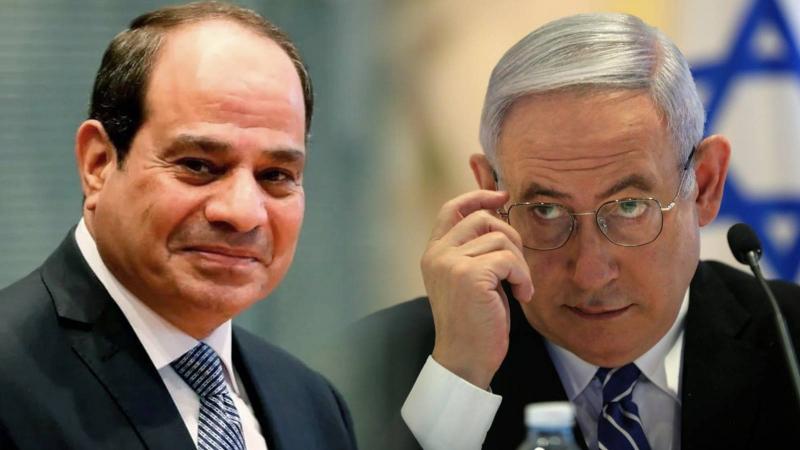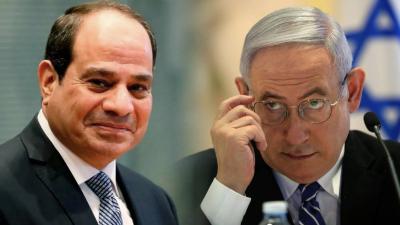Israeli newspaper "Yedioth Ahronoth" reported that "the cold peace between Egypt and Israel has turned into a state of extreme cold recently." The report explained that relations between Tel Aviv and Cairo have always been lukewarm, but since the war in Gaza, conspiracy theories and anti-Israel sentiments have escalated. However, neither party seems prepared to abandon the peace agreements for now.
The report, prepared by Israeli researcher Smadar Perry specializing in Egyptian affairs, noted that the official statement issued by the Egyptian Foreign Ministry over the weekend following the hostage rescue operation was harsh and particularly frustrating. To Israeli ears, it sounded like a condemnation—some may even call it a peculiar denunciation—of Israel's violation of international law in its airstrikes on the al-Nuseirat refugee camp, with Egypt not mentioning the real reason for the operation in the camp.
Perry continued: "Egyptian news sites are filled with stories about cooperation between the American elite unit and its Israeli counterpart, with reports indicating that American soldiers allowed their Israeli counterparts to use the humanitarian corridor to Gaza to infiltrate the refugee camp for a joint operation."
She added that the pile of disputes between Egypt and Israel has exponentially increased in recent weeks, now threatening to explode. There are no longer visits from Israeli citizens to the magnificent archaeological sites in Luxor and Aswan, not only due to fears of (Zionists) wandering around Khan el-Khalili market as usual but primarily due to real concerns for their personal safety and lives, as Cairo cannot withstand another attack on Israelis.
Trade—which was already minimal between the two nations—has dwindled further, with the Israeli embassy in Maadi closed for eight months, while only a group of senior Israeli defense officials occasionally travels to conduct talks at the intelligence headquarters in Cairo.
Perry clarified that Egypt is angry with Israel for deploying security forces on the Palestinian side of Rafah and controlling the Palestinian section of the Philadelphi corridor, which is nine miles long and only 100 yards wide. Israel continues to frustrate Egypt by uncovering tunnels used for smuggling arms and explosives, while Egypt asserts that it has flooded the tunnels with water; Israel, however, clarifies that this is not the case for all of them.
Perry concluded her article by stating: "The surprise is that despite the bitterness felt by both sides and the justified complaints between Israel and Egypt, neither nation intends (at least in the foreseeable future) to cancel the peace agreements, as their benefits far outweigh the drawbacks. There is hope that one day they will return to the cold peace and perhaps manage to warm it up. This peace is frozen, tainted with rotten blood, and filled with bitterness."




